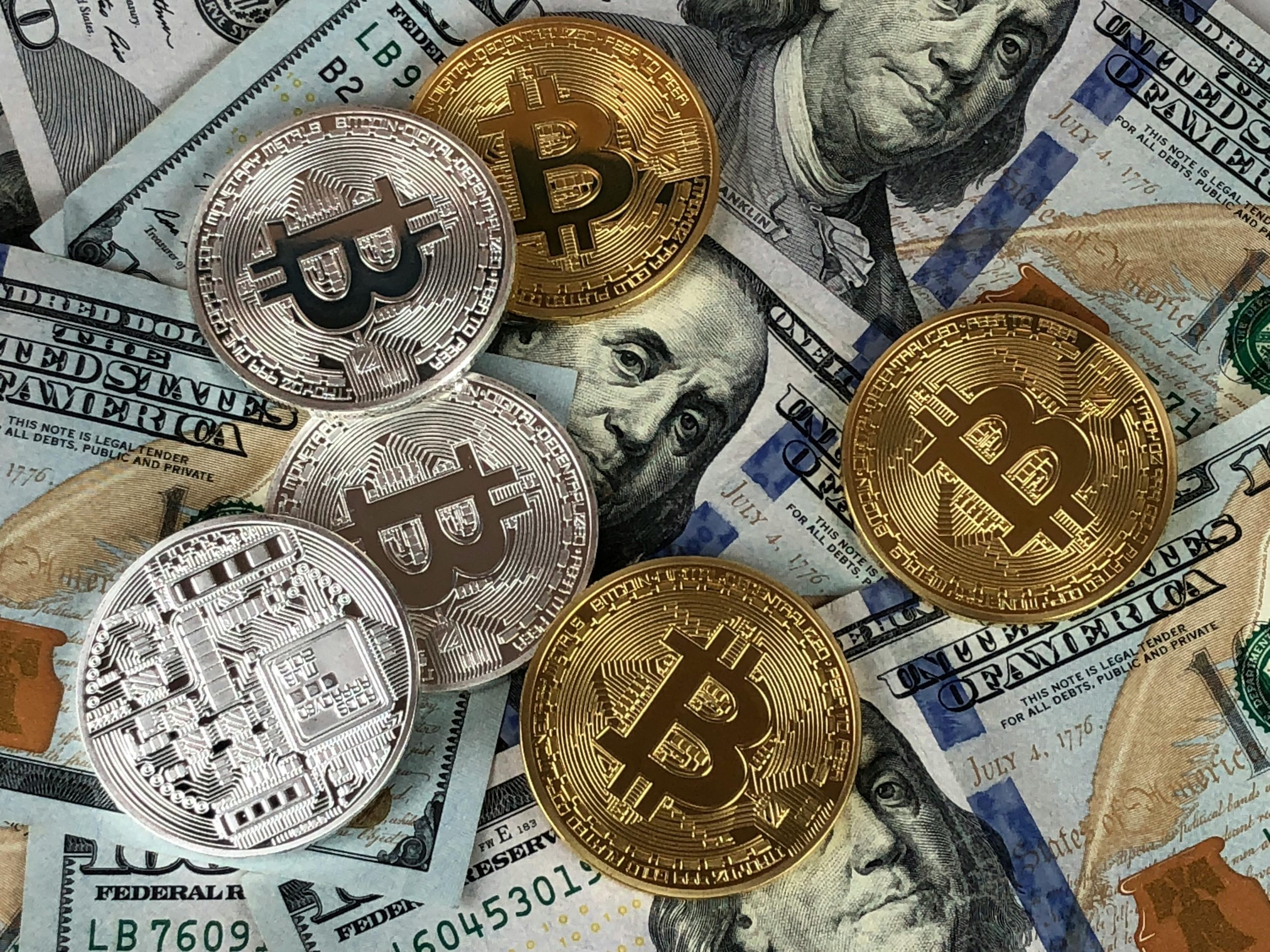When most people hear the word “blockchain,” their minds immediately jump to cryptocurrencies like Bitcoin or Ethereum. However, blockchain technology is far more versatile than just powering digital currencies. Its decentralized, transparent, and secure nature makes it a game-changer for industries ranging from healthcare to supply chain management. As businesses and governments recognize its potential, blockchain is quietly revolutionizing how data is stored, shared, and verified across multiple sectors.
Enhancing Supply Chain Transparency
One of the most promising applications of blockchain technology is in supply chain management. Traditional supply chains are often plagued by inefficiencies, lack of transparency, and fraud. Blockchain addresses these issues by providing an immutable ledger where every transaction or movement of goods is recorded.
Key benefits include:
- Traceability: Companies can track products from origin to consumer, ensuring authenticity and reducing counterfeiting.
- Efficiency: Smart contracts automate processes like payments and approvals, reducing delays.
- Sustainability: Consumers can verify ethical sourcing, supporting fair trade and eco-friendly practices.
Major corporations like Walmart and Maersk have already integrated blockchain to streamline their supply chains, demonstrating its real-world value.
Transforming Healthcare Data Management
The healthcare industry faces significant challenges in managing patient data securely and efficiently. Blockchain offers a solution by enabling tamper-proof medical records that can be shared across providers without compromising privacy.
How Blockchain Improves Healthcare:
- Interoperability: Patients and doctors can access unified records across different systems, reducing errors.
- Security: Encrypted data stored on a decentralized network minimizes the risk of breaches.
- Research: Anonymous patient data can be shared for medical studies while maintaining confidentiality.
Projects like MedRec are pioneering blockchain-based health records, paving the way for a more connected and secure healthcare ecosystem.
Revolutionizing Voting Systems
Voter fraud and low turnout are persistent issues in democracies worldwide. Blockchain technology has the potential to create secure, transparent, and accessible voting systems that restore trust in electoral processes.
Advantages of Blockchain Voting:
- Immutable Records: Votes cannot be altered or deleted, ensuring accurate results.
- Remote Accessibility: Citizens can vote securely from anywhere, increasing participation.
- Auditability: Authorities and voters can verify results without compromising anonymity.
Countries like Estonia have experimented with blockchain voting, showcasing its potential to modernize democracy.
Securing Digital Identities
Identity theft and data breaches are growing concerns in the digital age. Blockchain provides a robust framework for managing digital identities, giving individuals control over their personal information.
Blockchain Identity Solutions Offer:
- Self-Sovereign Identity: Users own and manage their identity without relying on centralized authorities.
- Reduced Fraud: Cryptographic verification makes fake identities nearly impossible.
- Streamlined Verification: Businesses can instantly authenticate identities without storing sensitive data.
Microsoft’s ION project and the Sovrin Network are leading efforts to decentralize identity management using blockchain.
Conclusion
Blockchain technology is much more than the foundation of cryptocurrencies—it’s a transformative force reshaping industries by enhancing transparency, security, and efficiency. From supply chains to healthcare, voting systems to digital identities, blockchain’s decentralized approach solves long-standing challenges in ways traditional systems cannot. As adoption grows, businesses and governments that embrace blockchain will gain a competitive edge in an increasingly digital world. The future of blockchain extends far beyond finance, unlocking new possibilities for innovation across every sector.
